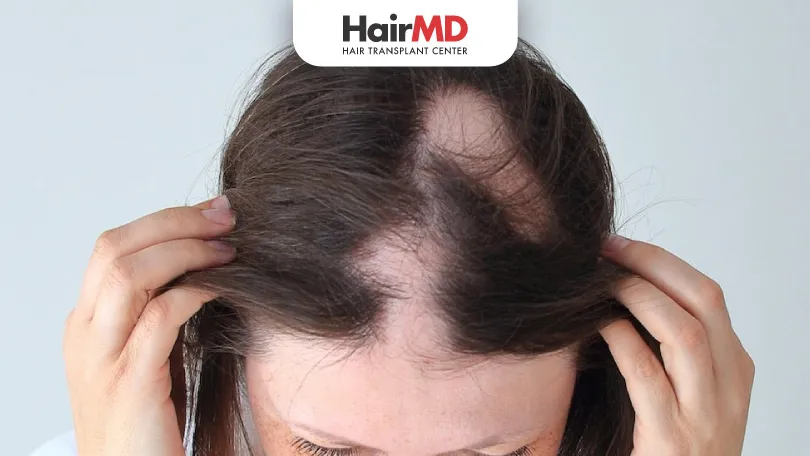Alopecia Areata is an autoimmune condition where the body’s immune system mistakenly targets its own hair follicles, leading to hair loss. This often results in round, patchy bald spots on the scalp, but it can also affect other areas, like the beard and eyebrows. People of all ages can experience this condition, and while it may feel distressing, understanding Alopecia Areata is the first step toward managing it.

In this blog, we’ll explore its causes, symptoms, and available treatment options to help those affected regain their confidence and promote healthy hair growth.
Table Of Content
- What is an Autoimmune Disease?
- What are the Symptoms of Alopecia Areata?
- How to Diagnose Alopecia Areata?
- What is the Treatment for Alopecia Areata?
- Conclusion
What is an Autoimmune Disease?
What are the Symptoms of Alopecia Areata?
How to Diagnose Alopecia Areata?
What is the Treatment for Alopecia Areata?
Conclusion
Popular Q&As
Discover affordable hair transplant solutions in India, including factors affecting pricing and available treatments. Losing too much hair can be concerning. find out about the common causes of hair loss and learn how to prevent further thinning at HairMD Pune Losing too much hair can be concerning. find out about the common causes of hair loss and learn how to prevent further thinning at HairMD Pune
What is the cost for hair transplant in India?
Why Is My Hair Falling Out So Much?
Best Hair Loss Shampoo for Men: Expert Tips | HairMD
We Got Your Back! Ask Us Anything On Your Mind!
Reach out to us on


